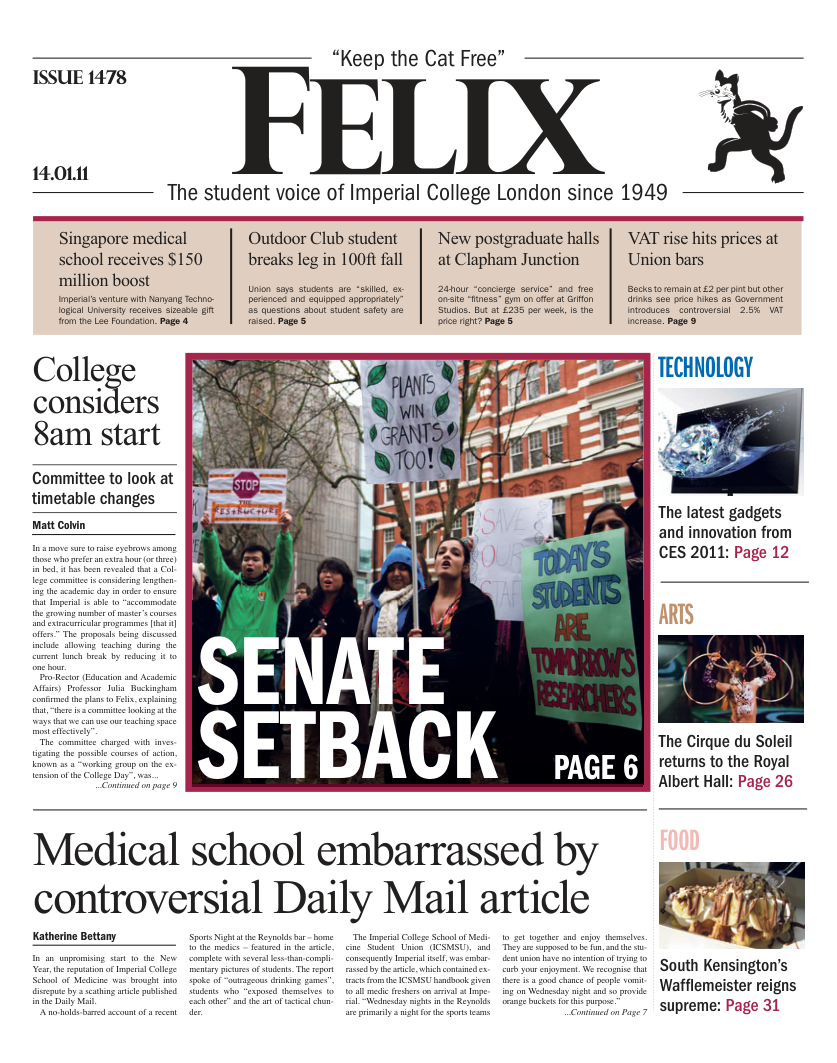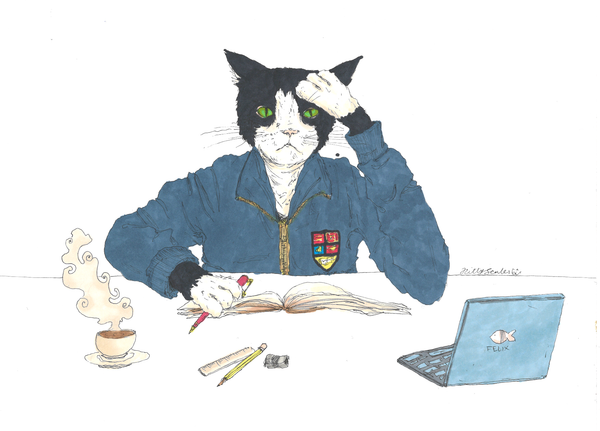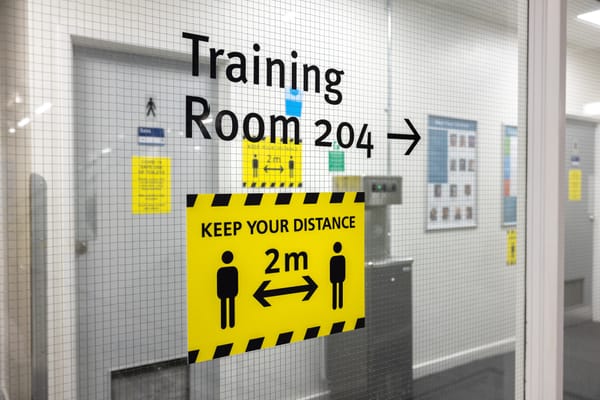Sweet thoughts curb hunger pangs
Just imagining eating something can curb your appetite for it

Want to shed your Christmas bulge but can’t resist the Quality Streets? Then imagine eating them, for it could help you in the long run. A study published in Science over the festive period has shown how imagining eating a certain food can reduce your consumption of that food.
The team at Carnegie Mellon University in Pennsylvania got their participants to simulate eating imaginary M&M’s. The more M&M’s the participants imagined they devoured, the fewer M&M’s they actually ate when they were offered a real bowl full of the chocolate treats afterwards.
“To some extent, merely imagining an experience is a substitute for the actual experience”, said team member Joachim Vosgerau. “The difference between imagining and experiencing may be smaller than previously assumed.” Of course, simply thinking about your favourite food, or any other food for that matter, won’t keep you from eating it – you will need to repeatedly simulate chewing it.
For a long time it’s been widely assumed that thinking about your favourite fat-laden foods will make your cravings for them even stronger. The results, then, are likely to bring relief to New Year dieters trying to stave off thoughts of roast dinners and turkey sandwiches. As lead author of the study Carey Morewedge concluded: “These findings suggest that trying to suppress one’s thoughts of desired foods in order to curb cravings for those foods is a fundamentally flawed strategy.”
But before you head home for your imaginary meal, spare a thought for your blood sugar levels. Successful self-control requires a great deal of energy. This energy comes in the form of glucose, our body’s natural fuel. In 2007, a social psychologist at Florida State University, Roy Baumeister, carried out an experiment to show that people are more likely to lack self-control when their glucose levels are low.
In the study, Baumeister got his participants, who had fasted for a couple of hours previously, to take part in mental tasks, such as focusing on a film or trying to suppress negative stereotypes. The students made to exert focused self-control had significantly lower levels of blood glucose than those who were not made to.
These tests confirmed that self-control is dependent on glucose, but more importantly, that our glucose supplies are exhaustible. Baumeister likened self-control to muscle; it becomes tired if it’s exerted too much. In much the same way, controlling our responses to situations exhausts our body’s supply of glucose. This is called ‘ego depletion’ and it makes us less able to carry out other activities demanding self-control, like resisting those foods that we fancy.
For resolute dieters, thinking about willpower in this way might prove useful. For example, if you’re exhausted after a long day at work, chances are you’re not going to have the self-control to choose a salad over a sandwich. The only way to reinstate your depleted bodily resources is through rest. So if your diet is wearing you thin, make sure you get a good night’s sleep and that your energy levels are topped up. Or better still; try imagining eating your favourite sweets and treats. Where there’s a will, there’s a way.









